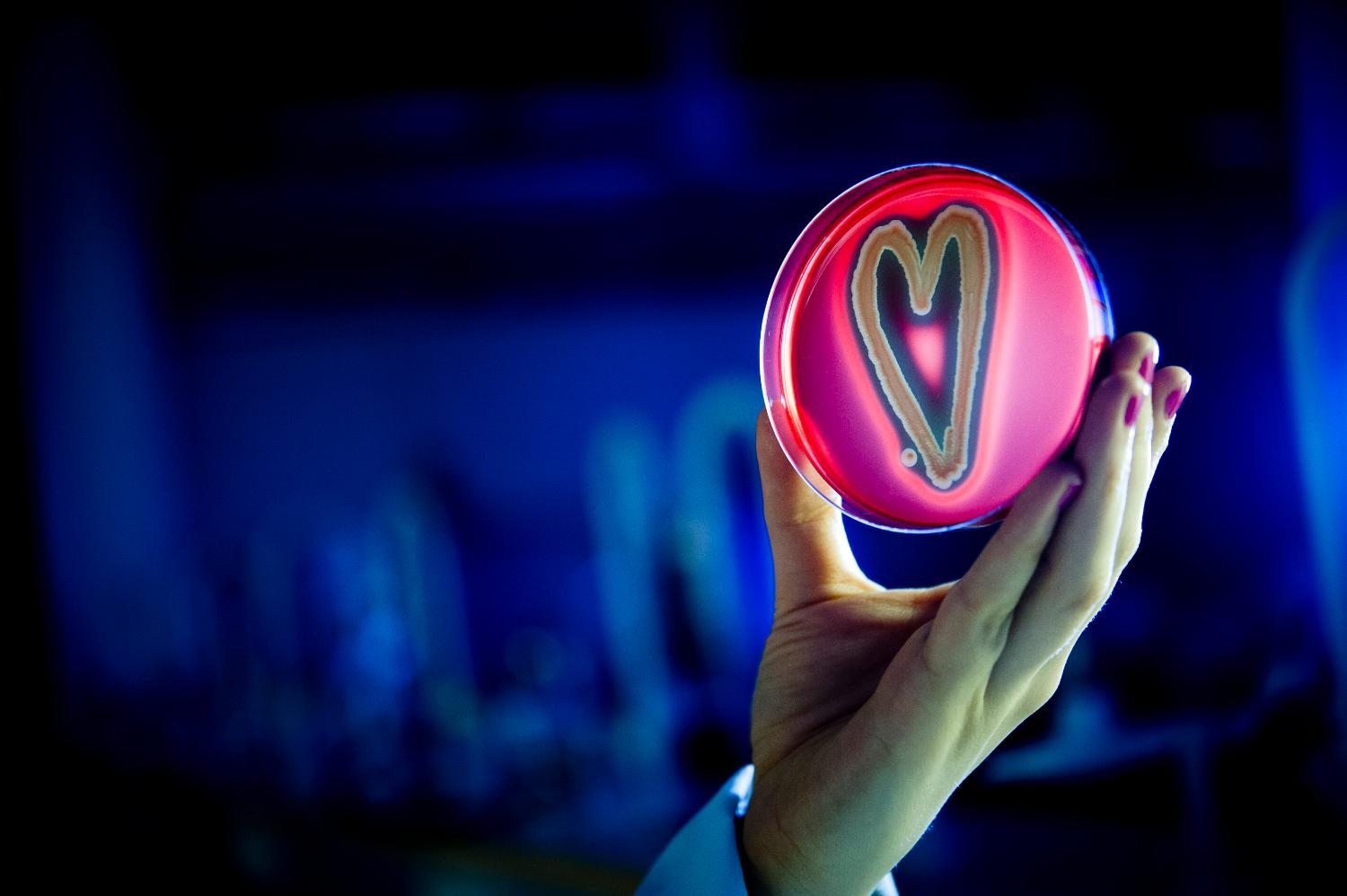Study biomedicine in Tromsø! We offer training in contemporary and experimental methods, and give you professional supervision on writing and presenting a master thesis.
We offer teaching on topics such as advanced methods in biomedicine, advanced molecular cell biology in disease, infection, inflammation and immunity, human physiology, pharmacology and toxicology, biomedicine – from lab to impact, etc. During the master's thesis you'll be able to immerse yourself in a chosen topic.
You will be qualified for work in research and development within the biomedical sciences, and clinical laboratory sciences. You will have career options related to the translation of knowledge and methods of biomedical subjects. The masters' degree will also make you qualified for PhD programs.
Bachelor's degree (180 ECTS) or equivalent qualification in Biomedicine.
An additional requirement is specialization in biomedical topics (e.g. biochemistry, bioinformatics, cell-and molecular biology, human physiology, immunology, microbiology or pharmacology) worth a minimum of 80 ECTS. Applicants are expected to have practical laboratory experience in their bachelor degree.
Applicants with a degree in Biomedical laboratory sciences ("Bioingeniør") must have have their degree recognized as equivalent to a Norwegian degree in laboratory sciences by NOKUT. Applicants also need authorization with the Norwegian authorization board as a qualified Bioingeniør.
Bachelor of Pharmacy, Medicine or Dentistry does not fulfil the admission requirements.
Applicants must have a minimum grade average comparable to a Norwegian C (2,5) in the ECTS scale.
The average grade is calculated from the entire bachelor´s degree.
Applicants with education from non-Nordic countries must document English language proficiency. You will find more information of English language requirements here: https://en.uit.no/admission#v-pills-735946
Admission capacity:
10 places
Applicants from Norway or Nordic countries:
Her finner du all informasjon knyttet til søking og opptak.
International applicants from EU/EEA and Switzerland:
You will find more information about international admission here.
International applicants from outside EU/EEA:
- You will find more information about international admission here.
- Non-EU students must be prepared to pay tuition fees
- Nordic applicants: 3037
- EU/EEA and Swiss applicants: 7130
- Non-EU/EEA applicants: 2015
Program description
The program will focus on contemporary problems and methods in biomedicine. A recurring theme for the master’s program is “molecular mechanisms in diseases”. This will serve as a unifying thread that connects various courses and subjects. Students will obtain theoretical and practical biomedical knowledge. The program has an interdisciplinary approach integrating fields such as biology, medicine, pharmacolcogy, and biotechnology. The students will be trained in written and oral presentations. Taken together, the students will develop comprehensive knowledge on biomedical research, forming a foundation for developing treatments and strategies to enhance public health.
Learning outcomes
When you have completed the Master program in biomedicine, you are expected to have advanced and comprehensive knowledge of biomedical methodology, theories, concepts, and scientific approaches specified by the following learning outcomes:
Knowledge
The candidate
- Is able to possess advanced knowledge within the field of biomedicine and specialized insight into a chosen area of research within the same field
- can demonstrate comprehensive understanding of and discuss the theoretical background, strength, and weaknesses/ shortcomings of advanced laboratory methods used within biomedicine
- can apply acquired knowledge to novel areas within biomedicine
- can analyze academic challenges based on the history, traditions, and societal role of biomedicine
Skills
The candidate
- can critically evaluate and analyze various sources of information and utilize them to structure and articulate professional, academic reasoning
- can analyze existing theories, methods, and interpretations in biomedicine and work independently on both theoretical and practical problem solving
- can employ relevant methods to solve specific problems in biomedical research in an independent manner
- can design and execute controlled experiments to address specific research questions within the field
- can plan and conduct a defined, independent research project in biomedicine in accordance with established research ethics and safety protocols
General proficiency
The candidate
- can analyze relevant issues connected with professional ethics and research ethics in biomedicine
- can apply their knowledge and skills to new contexts in order to execute advanced tasks and projects
- can communicate extensive independent scientific work both orally and in writing, using relevant scientific language
- can discuss future professional challenges, analyses, and conclusions within biomedicine, both with specialists and the general public
- can contribute to innovation processes in biomedicine
Job prospectives
After completing the program, the candidate will be prepared for exciting assignments in business, management and research-oriented institutions where the demands for qualified professionals are increasing.
Career options may include molecular diagnostics, medical research, fisheries, food processing, public administration, educational institutions, pharmaceutical industry, research and innovation enterprises, and technical and scientific positions at universities, hospitals, and other laboratories.
Degree Name
Master of science in biomedicineStudy plan
Language of instruction
English.
Teaching and assessment
A combination of teaching and assessment forms is used, including lectures, project reports, experimental and laboratorial assignments.
UiT and the Department of Medical Biology have exchange agreements open for master students in biomedicine.
Exchange is not optional for international students enrolled in the master program.
Students have the opportunity to participate in an exchange program. Relevant universities with which UiT has agreements can be found here: “Utvekslingsavtaler – hvor kan du reise?” (https://en.uit.no/utveksling/utvekslingsavtaler).
Various scholarship schemes are available for different universities. For more information on scholarships, please refer to “Student mobility at UiT: Loans, grants and trust funds” (https://uit.no/education/art?p_document_id=620905).
For further guidance, please contact the study administration at Department of Medical Biology.




